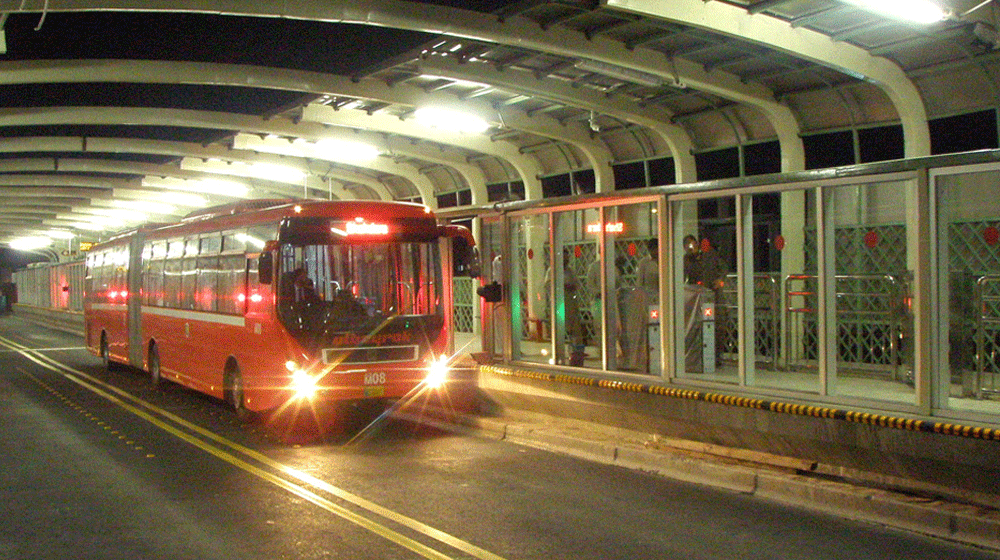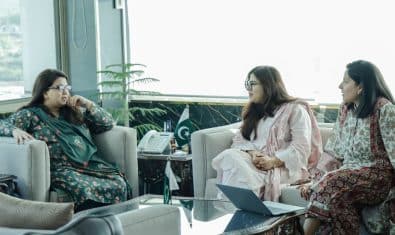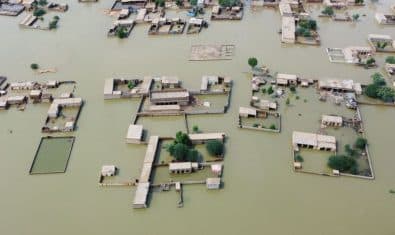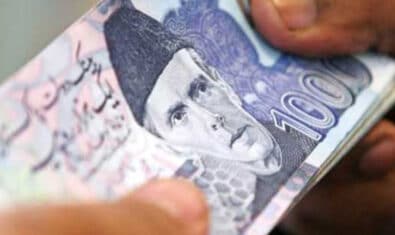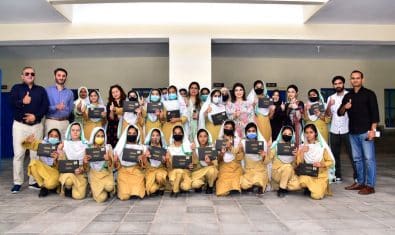Deputy Chairman Planning Commission Dr Jehanzeb Khan has said that a well-performing transport and communication structure is vital for a country’s development.
He explained that investment in a country’s infrastructure directly affects economic growth as producers find the best markets for their goods, reducing transportation time and costs, and generates employment opportunities.
Dr Khan said this while virtually addressing the forum ‘Asia & Pacific Transport Forum 2022’ that was organized by the Asian Development Bank (ADB) for the exploration of solutions for the creation of a more sustainable and decarbonized transport future for the region.
ADB Director-General Woochong Um, Member Green Party New Zealand Ricardo Menéndez March, International Transport Forum (ITA) Secretary-General Young Tae Kim and Korea Transport Institute (KOTI) President Oh Jaehak were also part of the forum.
Its theme this year was ‘Accelerating Transformative & Decarbonized Transport’ and the participants discussed the ways and means to accelerate the changes required in transport and mobility.
Speaking at the opening session Dr Khan mentioned that Pakistan had taken several transportation initiatives during the last decade, especially in its big cities like Karachi, Lahore, and Peshawar. The Green Line in Karachi, the Orange Line in Lahore and BRT in Peshawar were important projects that have facilitated millions of commuters in the country, he added.
According to Dr Khan, the launch of BRT in Peshawar has made female public transport commuters feel more secure than before, which is a positive sign. He also informed the forum that 30 percent of all the new vehicles sold in Pakistan in various categories will be Electric Vehicles (EVs) by 2030. Similarly, 60 percent of all the energy produced in the country will be generated from renewable energy resources, including hydropower, by then.
He emphasized that Pakistan requires more modern transportation systems in the urban areas and for intercity transport to make the transportation system affordable for the public,
While highlighting the key issues and challenges, he remarked that air pollution creates smog in Lahore, especially in the winters, and congestion in large cities like Lahore, Karachi and Islamabad is a huge challenge that needs to be addressed.
Dr Khan told the forum that the Pakistan Nationally Determined Contribution (NDC) had projected 300 percent growth in GHG emissions for the period 2015 to 2030 based on the projected nine percent Gross Domestic Product (GDP) growth and increased reliance on fossil fuels. He said that the estimates have been revised downwards largely due to the Ten Billion Tree Tsunami Programme (TBTTP) 2016-2021 sequestration of 8.4 MtCO2es.
Besides the NDC target, the government has approved an EV Policy that is aimed at shifting 30 percent of all vehicles to electric passengers’ vehicles and 50 percent to electric two and three-wheelers and buses by 2030.
He continued that that Pakistan Railways has two flagship projects — Karachi Circular Railway (KCR) and the Karachi-Pipri Freight Corridor — that are going to transform all of Karachi’s public and freight transportation landscape while easing its congestion.
The other participants from South Korea, New Zealand, France, the United Kingdom, and the ADB also shared their perspectives on the main transport challenges and opportunities in developing Asian countries, and the impact of the pandemic and international development agreements — the Sustainable Development Goals (SDGs) and the Paris Agreement on the transport sector — in particular.
